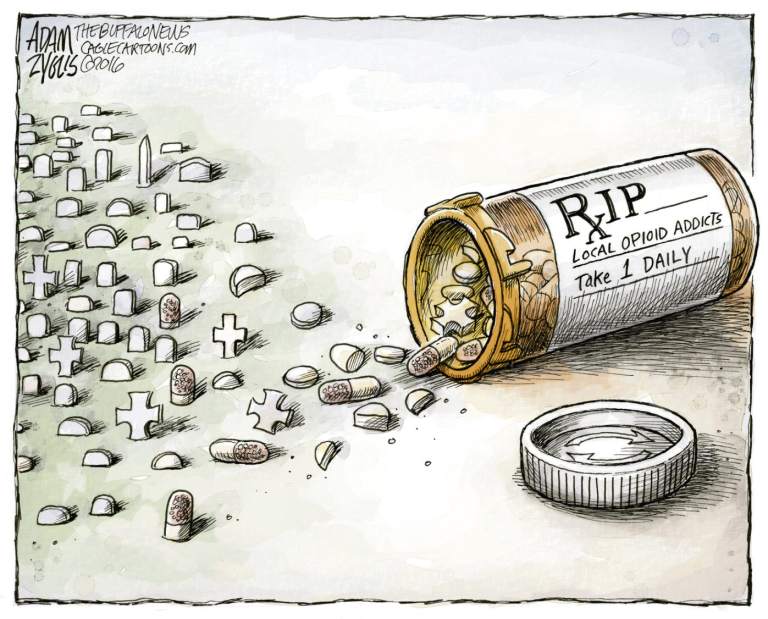House bill designed to further restrict opioid access
A bill in the Pennsylvania House aims to combat the rising opioid addiction epidemic by requiring doctors to transmit prescriptions electronically.
The House Health Committee on Tuesday unanimously approved the legislation. It would undo a law from the 1990s that allowed prescriptions for opioids — narcotic painkillers — to be written out by hand, which at the time was considered the most secure means.
“The paper script is very open to flawed and deceitful activities,” said Rep. Eli Evankovich, R-Murrysville, a committee member. “People can steal pads. They can copy them. They can abuse that system very easily. It's much harder to abuse the electronic system.”
The Office of Attorney General on Tuesday announced the arrest of 13 people in the Lehigh Valley who allegedly used a stolen prescription pad from an orthopedic specialist office to obtain painkillers and sell them. Attorney General Josh Shapiro said 70 percent of heroin users start out using prescription drugs.
Electronic, fax and over-the-phone prescriptions are already used for some forms of medication.
Under the bill, prescriptions would be transmitted directly to pharmacies. An exception is included for emergency situations for schedule II and III controlled substances, which include suboxone and cough syrup with codeine.
Southwestern Pennsylvania counties saw a spike in overdose deaths in 2016, a trend expected to continue in 2017, officials say.
In 2010, the federal Drug Enforcement Agency set new regulations to allow doctors and pharmacies to use electronic prescriptions for controlled substances. The rules are voluntary.
In addition to combatting fraud, electronic prescribing could reduce pharmacy wait times, increase patient pick-up adherence and ensure drug interactions and allergies are determined prior to the prescription being ordered, according to XLDent, a dental software company.
In November, Gov. Tom Wolf signed five bills designed to help reduce Pennsylvania's opioid and heroin abuse problem. Those laws establish safe prescribing training for opioids in medical schools, require doctors to check the state's prescription drug monitoring database when prescribing opioids, limit prescriptions written in emergency rooms and to children to a seven-day supply, and requires continuing education in pain management, addiction and dispensing for doctors and pharmacists.
Kevin Zwick is a Tribune-Review staff writer. Reach him at 724-850-2856, kzwick@tribweb.com or via Twitter @kevinjzwick.

